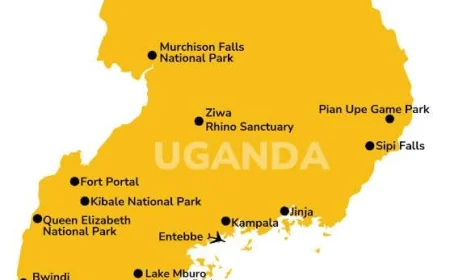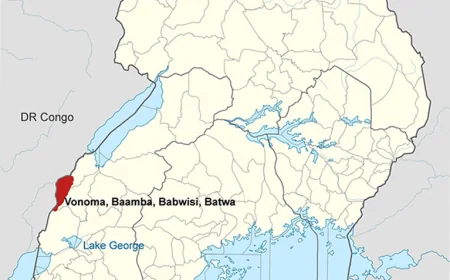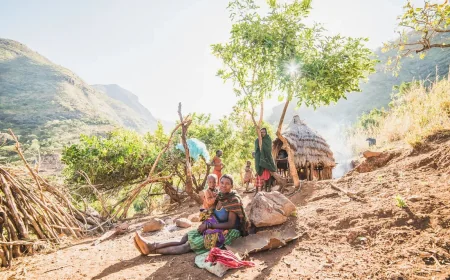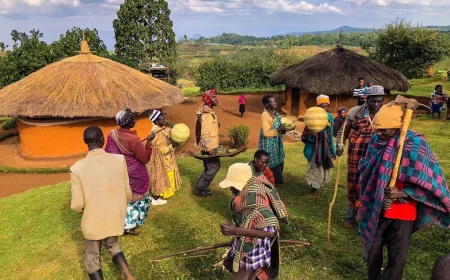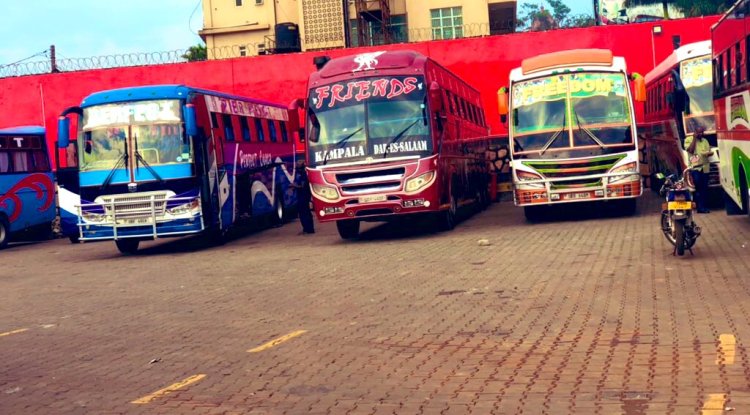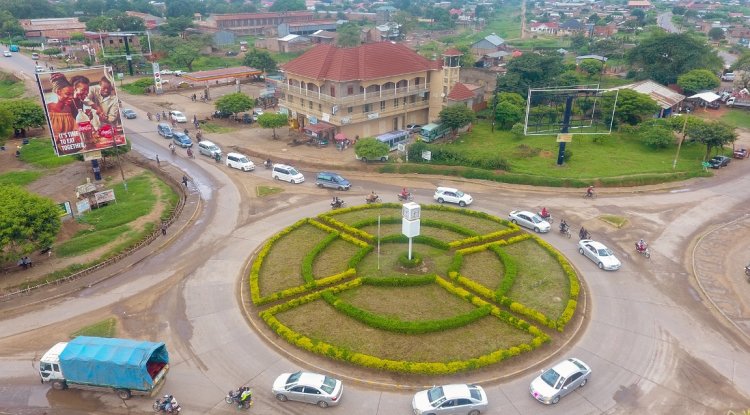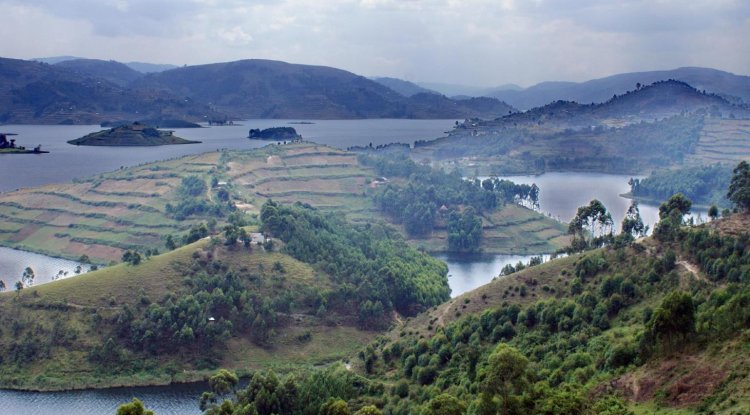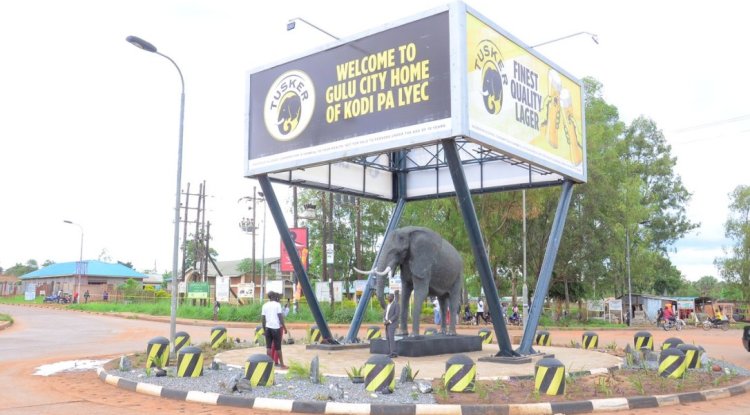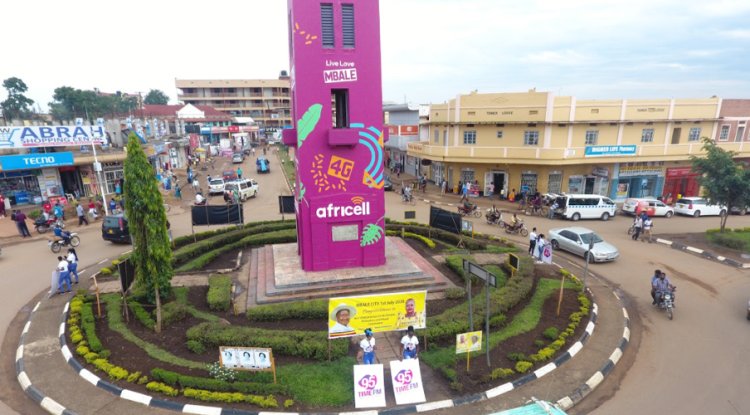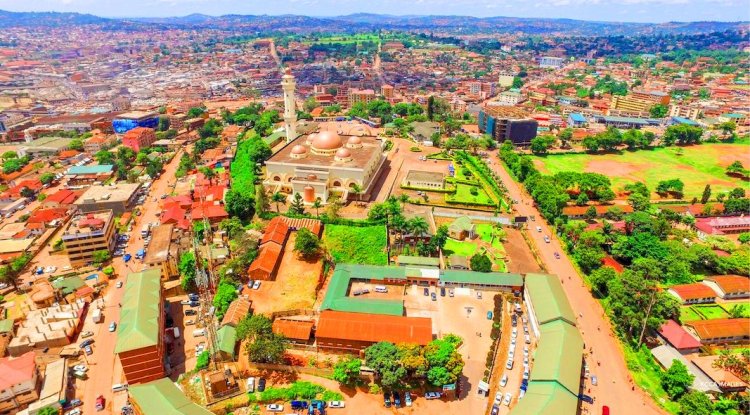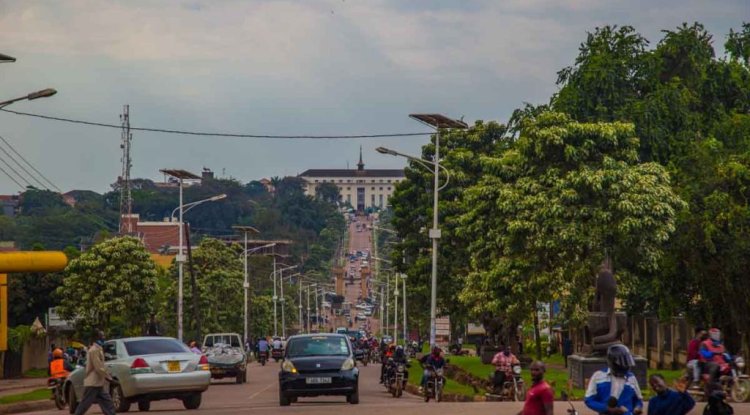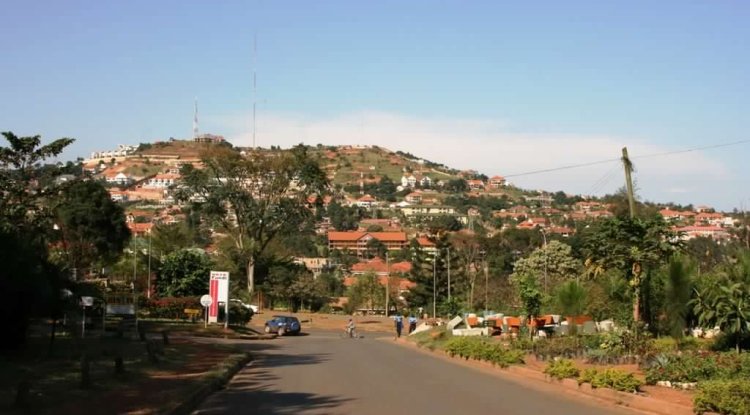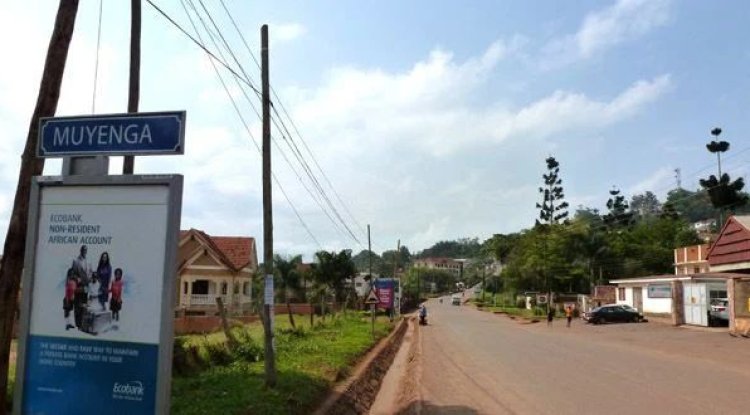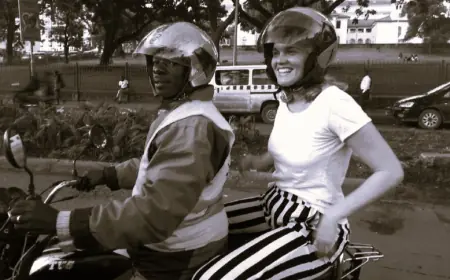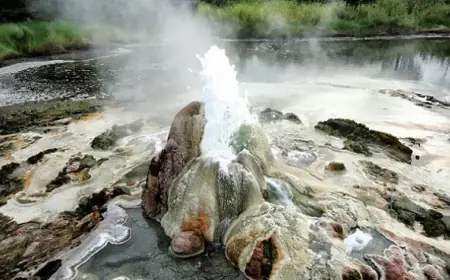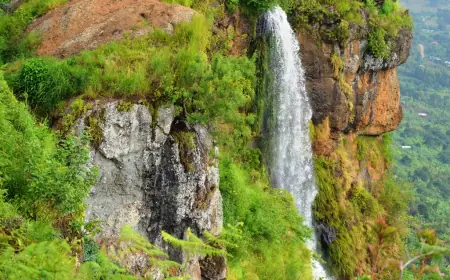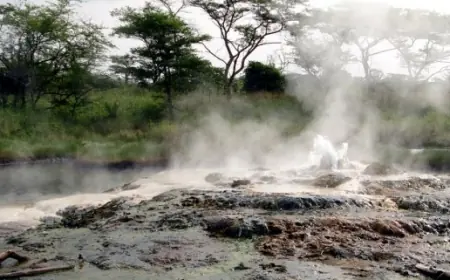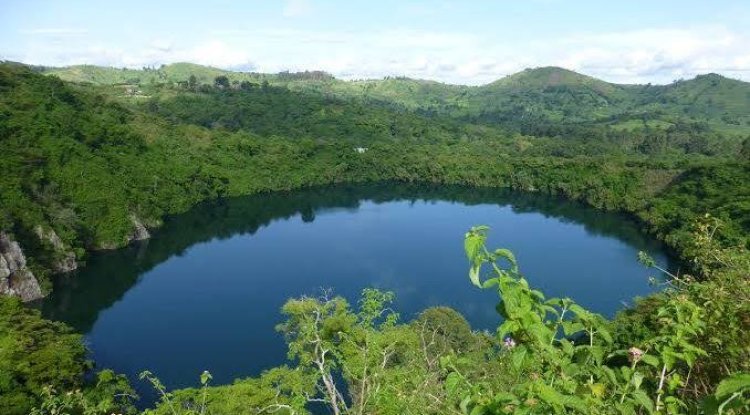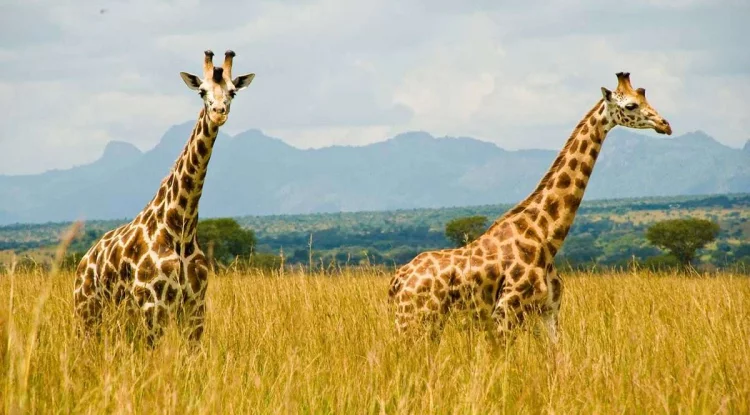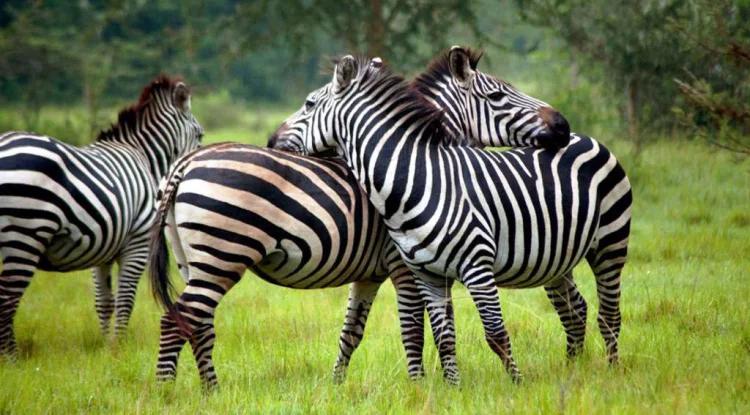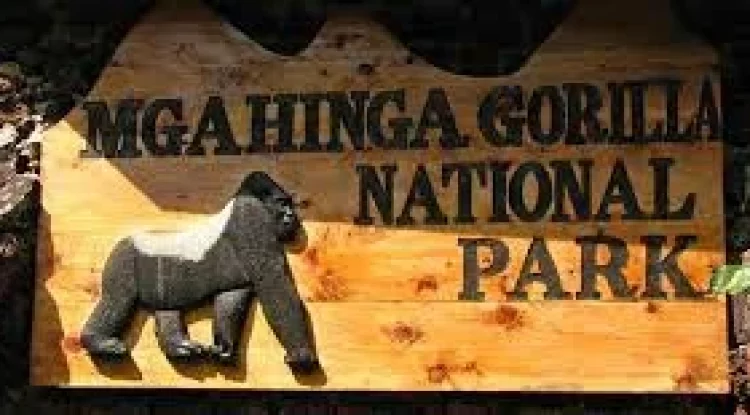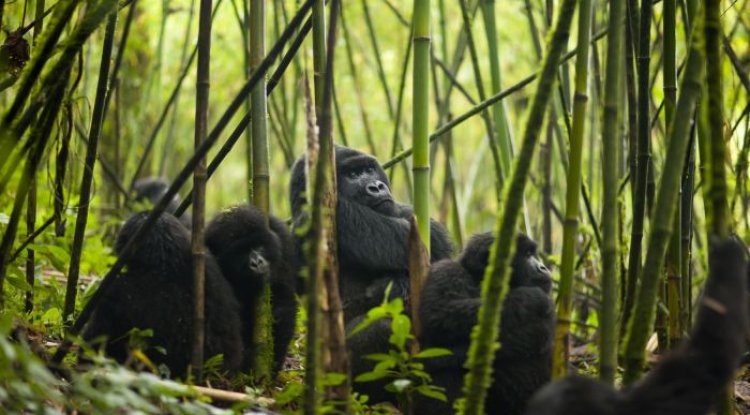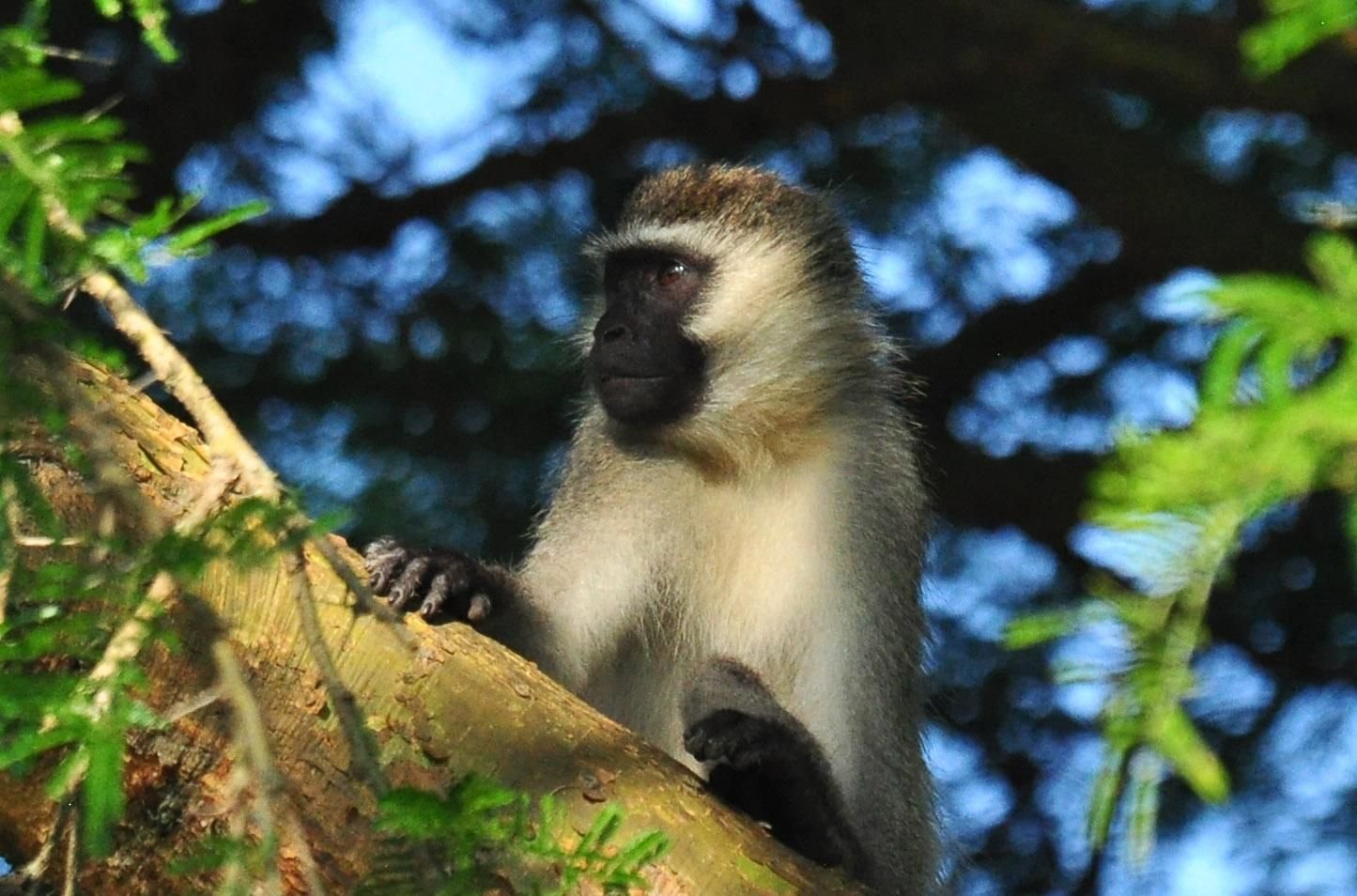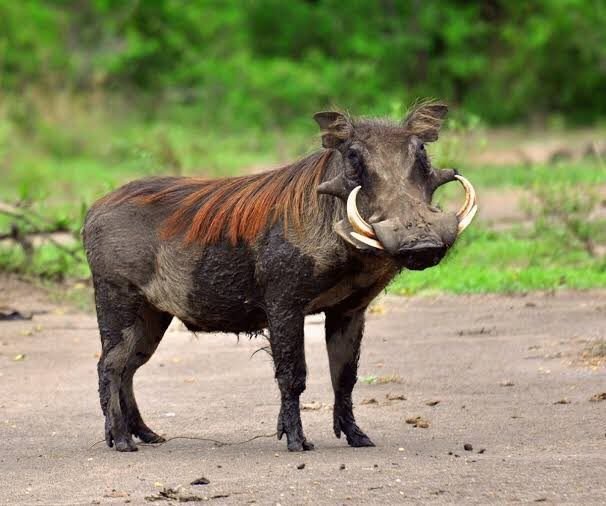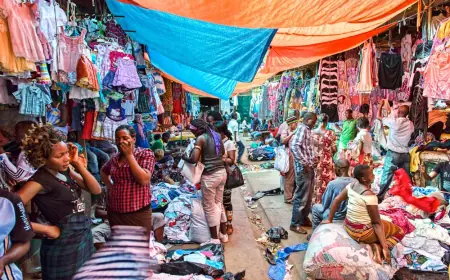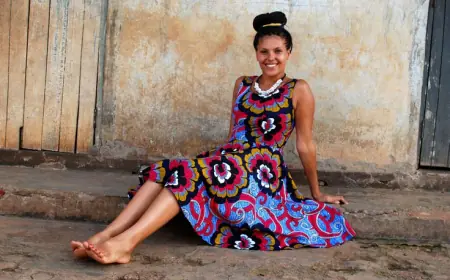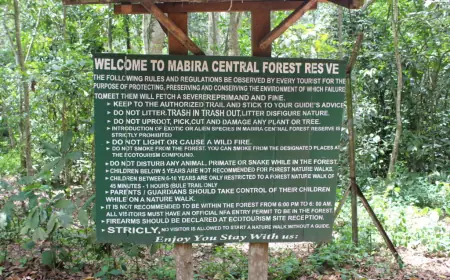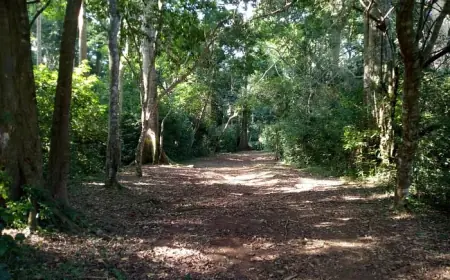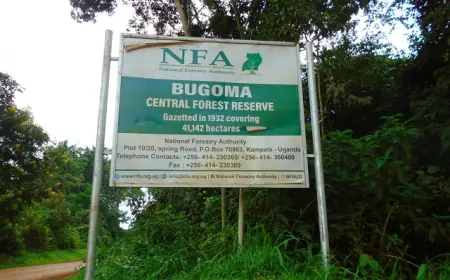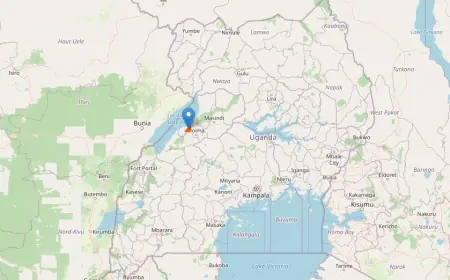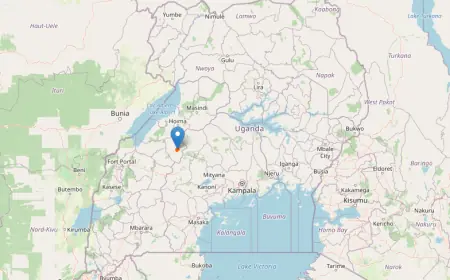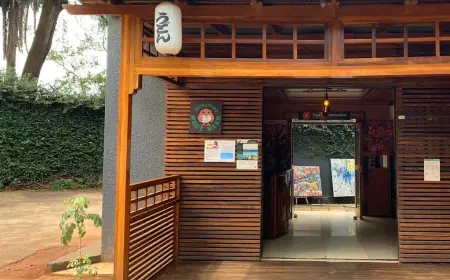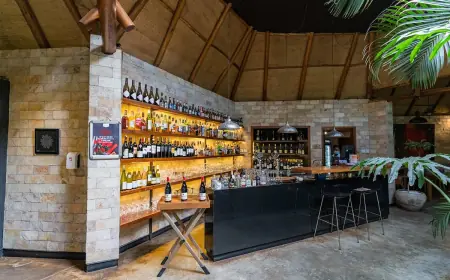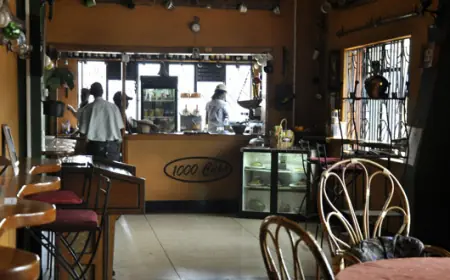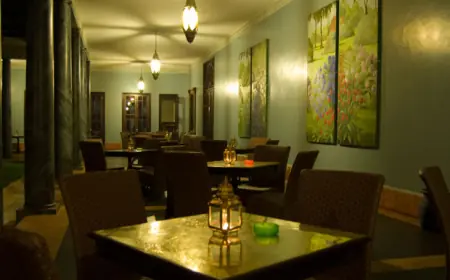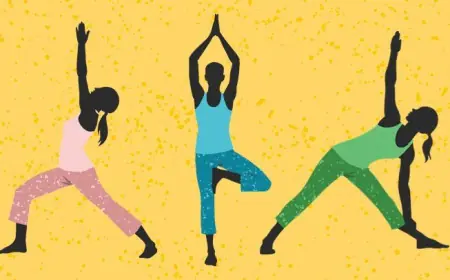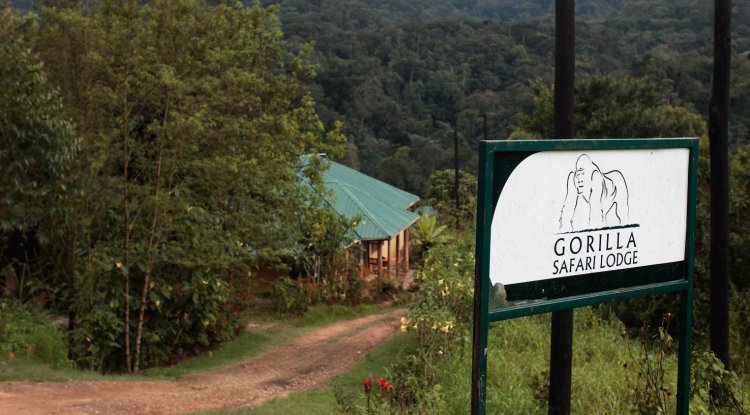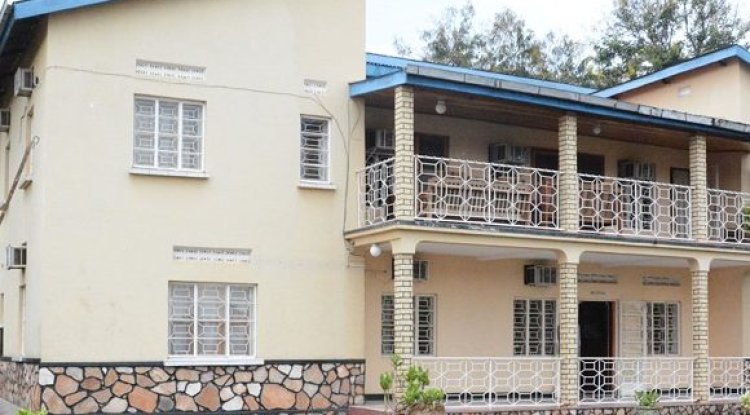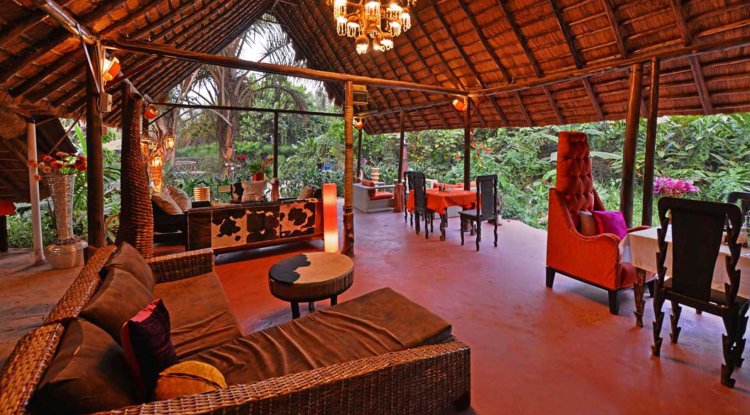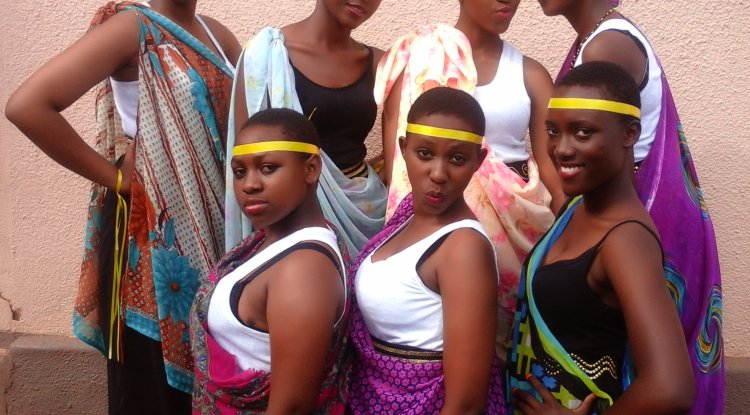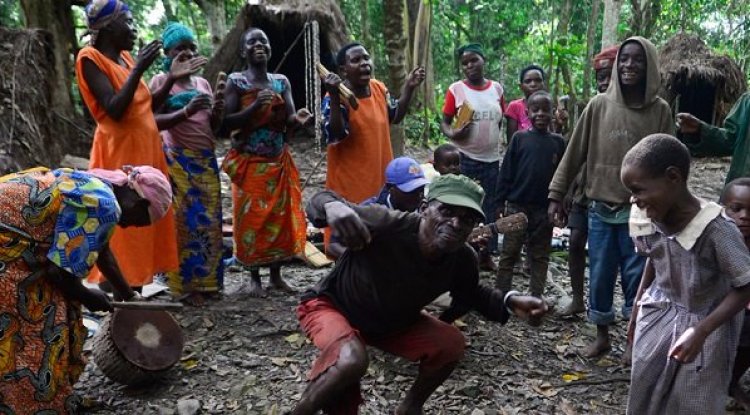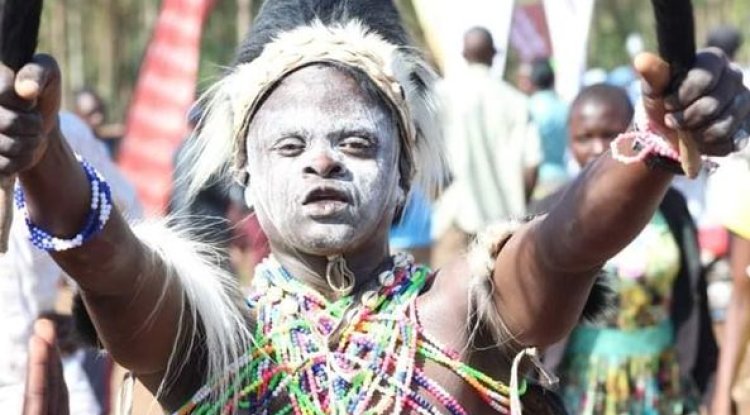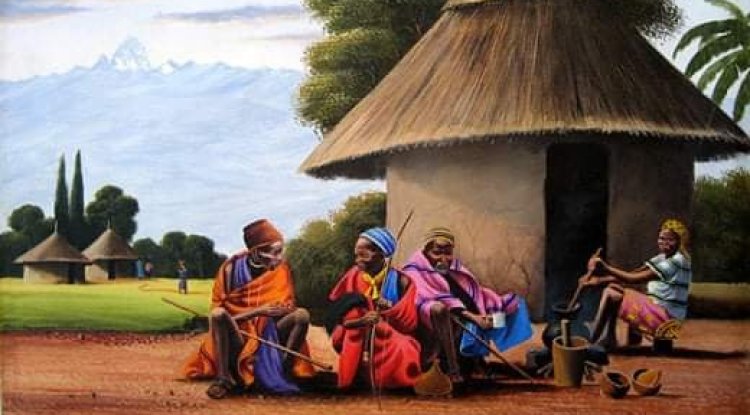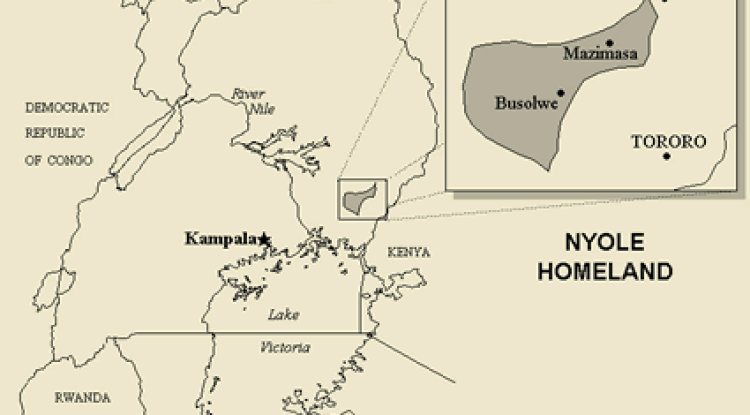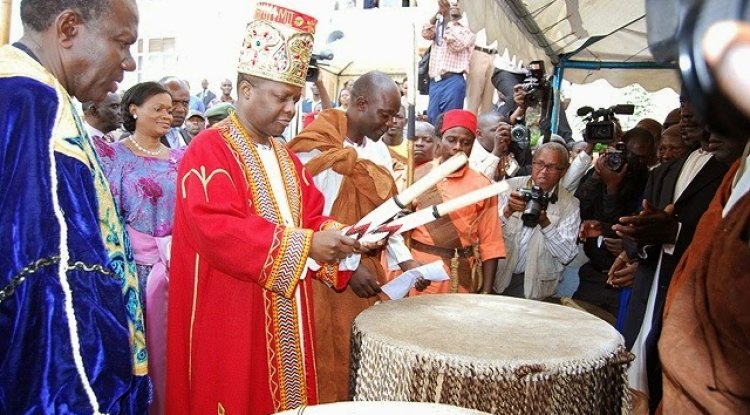The Baamba
The Baamba have a rich and diverse culture, which is reflected in their customs, beliefs, arts, and values. They are mainly agriculturalists who cultivate plantains, millet, maize, sweet potatoes, peanuts, rice, coffee, cotton, and cassava while raising goats and sheep.
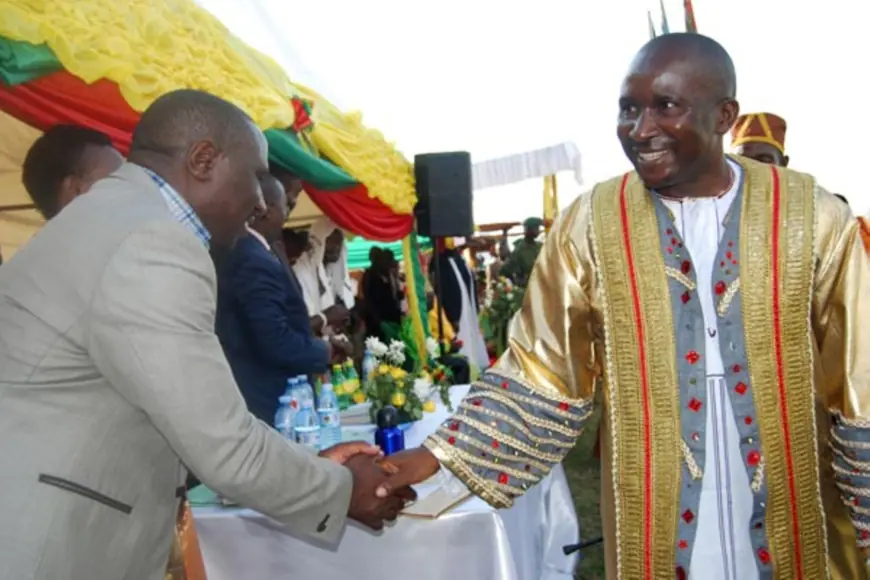
Uganda is a country rich in cultural diversity, with over 60 ethnic groups living in harmony. Among these groups, there is one that stands out for its unique history, culture, and resilience: the Baamba. The Baamba (also known as Amba or Bamba) are a Bantu-speaking people who inhabit the border area between the Democratic Republic of the Congo (DRC) and Uganda, south of Lake Albert, in the northern foothills of the Rwenzori Mountains. They are estimated to number around 47,000, with 42,559 living in Uganda and 4,500 living in the DRC. In this article, we will explore the fascinating aspects of the Baamba people and their culture and discover why they are a hidden treasure of Uganda.
The Amba Language
The Baamba people refer to the Amba language they speak as Kwamba, whereas in the Democratic Republic of the Congo, it is known as Kihumu. Numerous others exist. Its linguistic similarity to Bera is 70%. Suwa (Kusuwa) and Kyanzi (Kihyanzi) are two dialects.
The Origin and History of the Baamba
The Baamba are believed to have originated from the Congo Basin, where they migrated in search of fertile land and security. They settled in the Rwenzori region, where they encountered other ethnic groups such as the Bakonzo, the Banyabindi, and the Batoro. The Baamba developed a close relationship with the Bakonzo, who share a similar language and culture. Together, they formed the Kingdom of Rwenzururu, which was recognized by the Ugandan government in 2008 as the first kingdom shared by two tribes.
The Baamba have faced many challenges and conflicts throughout their history, both from external and internal forces. They have suffered from colonial oppression, political marginalization, ethnic violence, and environmental degradation. They have also been involved in armed movements against the Toro Kingdom and the central government, which reached heights in the mid-1960s and early 1980s. Despite these hardships, the Baamba have maintained their identity and dignity and have contributed to the development and peace of their region.
The Culture and Lifestyle of the Baamba
The Baamba have a rich and diverse culture, which is reflected in their customs, beliefs, arts, and values. They are mainly agriculturalists who cultivate plantains, millet, maize, sweet potatoes, peanuts, rice, coffee, cotton, and cassava while raising goats and sheep. They also practice hunting and fishing, using bows and arrows, spears, and nets. The Baamba are known for their skills in weaving, pottery, basketry, and carving. They produce beautiful mats, baskets, pots, stools, and masks, which are used for domestic and ceremonial purposes. The Baamba also have a musical tradition, which includes songs, dances, drums, flutes, and xylophones. They perform music for various occasions, such as weddings, funerals, festivals, and rituals.
The Baamba have a complex social structure that is based on clans, lineages, and age groups. The clans are exogamous, meaning that marriage is prohibited within the same clan. The lineages are patrilineal, meaning that descent and inheritance are traced through the father’s side. The age groups are formed by boys who undergo initiation rites, which mark their transition from childhood to adulthood. The initiates are given the values of their society and expected to perform certain duties and responsibilities. The civilization of the Baamba people is remarkable. Families would book their spouses early in marriage following the completion of an initiation ceremony for the lad.
The Baamba have a spiritual worldview that is influenced by Christianity and traditional beliefs. They believe in one supreme God, who is the creator and sustainer of all things. They also believe in spirits, ancestors, and witches, who can affect their lives positively or negatively. They also have a moral code, which is based on the principles of honesty, respect, generosity, and justice.
Conclusion
The Baamba are a remarkable people who have a rich and diverse culture and a bright and hopeful future. They are a hidden treasure of Uganda, and they deserve recognition and respect, as well as support and empowerment. By learning more about the Baamba, we can appreciate their uniqueness and value and also learn from their challenges and opportunities. The Baamba are not only a part of Uganda’s past but also a part of its present and future. They are a people worth knowing and celebrating.
What's Your Reaction?
 Like
0
Like
0
 Dislike
0
Dislike
0
 Love
0
Love
0
 Funny
0
Funny
0
 Angry
0
Angry
0
 Sad
0
Sad
0
 Wow
0
Wow
0
